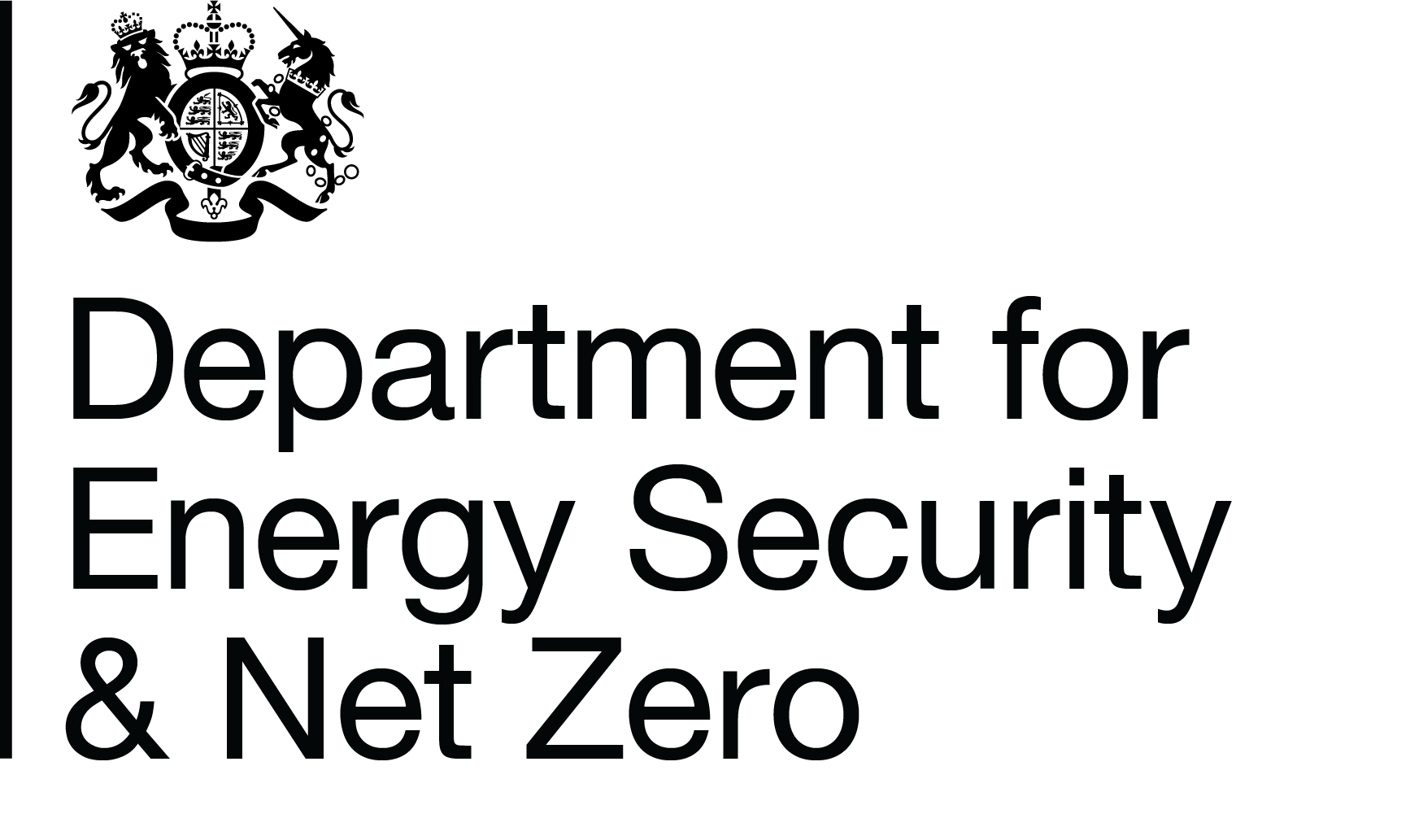Competition in Onshore Electricity Networks
Overview
The electricity system will need fundamental change as we move towards Net Zero. Greater use of new, flexible technologies in generation and demand will create challenges for the electricity network from a governance and technical point of view, and the network will need to grow and adapt in new ways.
Electricity network companies are fundamentally responsible for building, owning and operating electricity network infrastructure, ensuring it is ready to meet the demands placed on it. Ofgem regulate electricity network companies to do this efficiently in the best interests of consumers through a system of price controls. This system of responsibilities has broadly worked well, but we need to consider whether there are areas where more can be done to foster innovative and efficient solutions to the emerging challenges.
Opening up electricity network ownership and operation to third parties will allow for new, innovative parties, with access to different sources of capital, to invest in our network infrastructure. It creates a new market, bringing with it potential for new, green jobs across all of Great Britain, while economies of scale and competitive forces should drive efficiency and lower costs for consumers. Consumers are at the heart of government policy relating to energy, and this policy will be a key to ensuring the necessary infrastructure investment needed to meet Net Zero does not unduly add costs to consumers.
The idea of introducing greater competition in onshore electricity networks has been discussed for several years now[1]. The Energy White Paper[2] last December re-confirmed the Government’s intention to introduce the necessary primary legislation to enable this, and this consultation provides an update on the principles and fundamental policy and discusses the more detailed policy and process issues that will need to be addressed as and when the new, more competitive regime moves towards implementation. This consultation therefore seeks views on introduction of competition, factors considered by the Secretary of State when appointing a body to run competitions, and criteria for competitions.
Please read the consultation, accessible here, and then share your views by following the link below.
What happens next
Once this consultation closes, we will review responses and consider the policy accordingly.
In any event, in whatever form we introduce competition we will need both primary and secondary legislation to implement it. The timing of legislation is, as always, subject to Parliamentary time and approvals. We expect that we will prepare secondary legislation to be ready for implementation as soon as primary is in place. See the ‘Implementation of Onshore Competition in Practice’ section for more details.
We will publish a Government response to this consultation.
Government will continue to work with Ofgem and other stakeholders as the details of competitive frameworks are developed.
Audiences
- SMEs (small and medium businesses)
- Large businesses (over 250 staff)
- Multinational businesses
- Trade bodies
- Medium business (50 to 250 staff)
- Low carbon technologies
- Construction
- Investment
- Finance
- Consumer organisations
- Businesses
- Innovation community
- Regulator
Interests
- Economic growth
- Saving energy
- Security and resilience
- Distributed energy and heat
- Renewable energy
- Energy and climate change
- Energy efficiency
- Electricity
- Carbon budgets
- Climate change
- Regulation
- Growth
- Competitiveness
- Investment
- Efficiency

Share
Share on Twitter Share on Facebook